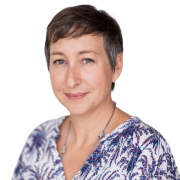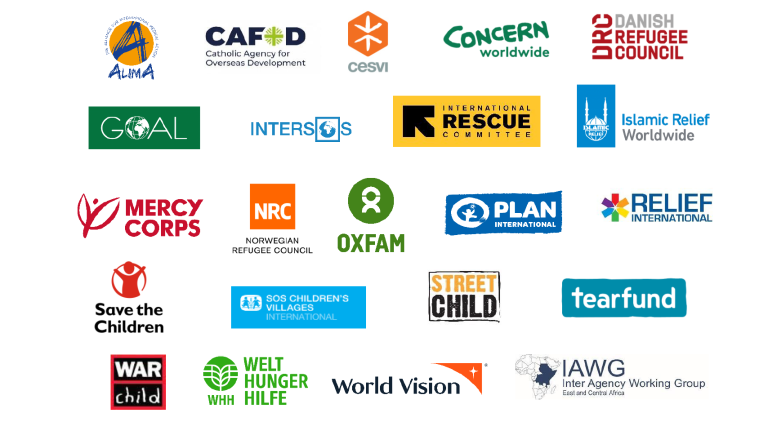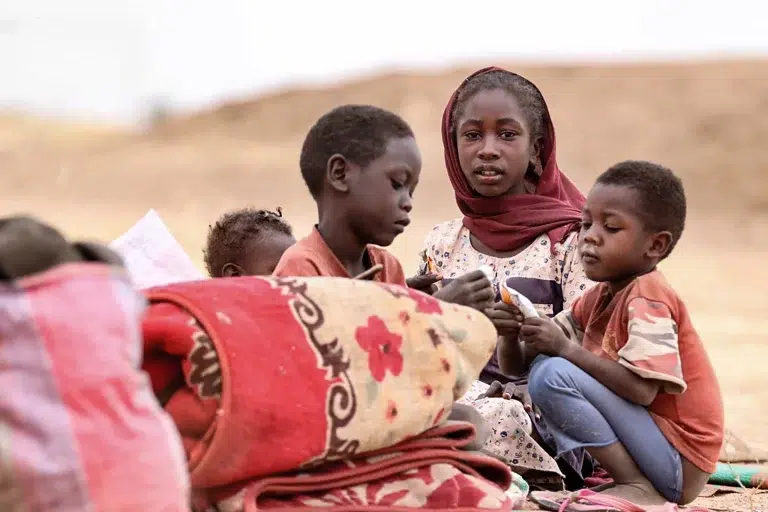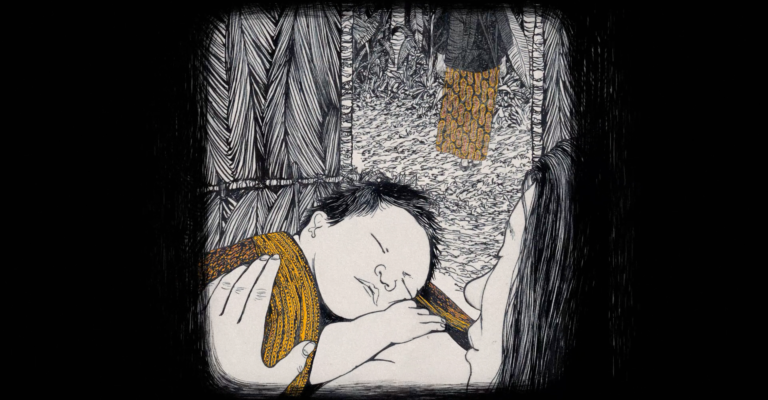Still, the staff carry on with their daily rounds, doing their best to offer inpatient and outpatient treatment to the 120 or so patients who come to the hospital each day in need of care.
“In an emergency situation, such as this, you can’t expect to work at 100%,” said Dr. Modi Gale Elikana, an ALIMA doctor who has been working in the hospital since an emergency intervention began in April 2017.
“But the medical needs here are huge, and patients continue to come every day, so we do our best to help as many people as we can. The working conditions are not easy, but even with limited capacity, each day we continue to save the lives of our patients.”
More than 3.5 million people have been forced to flee their homes in South Sudan since December 2013, when a civil war broke out. Continued, sporadic attacks and a strong military and rebel presence means many people continue to abandon their homes. Throughout the country, OCHA estimates that some 2 million people are internally displaced and UNICEF says more than 250,000 children are suffering from severe acute malnutrition. In Raja, some 25,000 people have fled.
For those families that remain in Raja, the living conditions are precarious. Much of the population lacks access to adequate food and hygiene kits. The markets are empty and throughout the district most health structures have been destroyed. The Raja Hospital now serves as the only referral center for an estimated 90,000 people.
The majority of the patients who come to the hospital suffer from malaria, diarrhea or respiratory infections. Access to primary health care is a main concern.
Since the start of the project, ALIMA, along with its local partner AFOD (Action for Development), has set up a nutritional stabilization center for severely malnourished children with medical complications and pediatric inpatient department complete with a 4-bed ICU. Since April, more than 4,300 people have benefited from outpatient consultations and nearly 1,500 have been treated for malaria.
“We are really having a positive impact on the health of the people in city,” Dr. Modi said.
Meanwhile, people continue to flee, both in search of food and fearing that armed rebels will soon attack the city.
The fear of an attack and the lack of enough food have also made many people now living outside Raja too scared to travel to the hospital – even when sick or wounded.
Admissions have dropped nearly 50 percent in the past two weeks and just 2.7% of patients who come to the hospital live outside of Raja Town.
To reach the most vulnerable, ALIMA/AFOD began providing mobile clinic services to IDPs and local populations the villages of Mangayat and Sopo –10 and 33 kilometers, respectively, from the center of Raja Town. These services include general consultations, MUAC screenings, and rapid diagnostic tests and treatment for malaria.
In just a few days, staff were able to treat more than 500 patients and screen more than 300 kids for malnutrition. More than 80 percent of these patients tested positive for malaria.
“The malaria caseload is extremely high, as we are now in the peak of malaria season,” Dr. Modi said. “We need to continue to reach these patients who can’t make it to the hospital for treatment.”
In South Sudan, ALIMA and its local NGO partner, AFOD (Action for Development), officially began operations at the Raja Hospital in May 2017. Since then, medical teams have provided free care for more than 4,300 patients. Mobile clinics began reaching local populations outside of the city in July. To date, more than 500 patients have benefited from these consultations.
The Alliance for International Medical Action (ALIMA) is a medical humanitarian organization that works hand-in-hand with a network of local health organizations to provide quality medical care to the most vulnerable people during emergency situations and recurrent crises. ALIMA and its partners are also conducting cutting-edge research to improve humanitarian medicine.
Based in Dakar, Senegal, ALIMA has treated over 2 million patients in 12 countries since its creation in 2009 and launched 10 research projects focused on malnutrition, malaria and Ebola.






